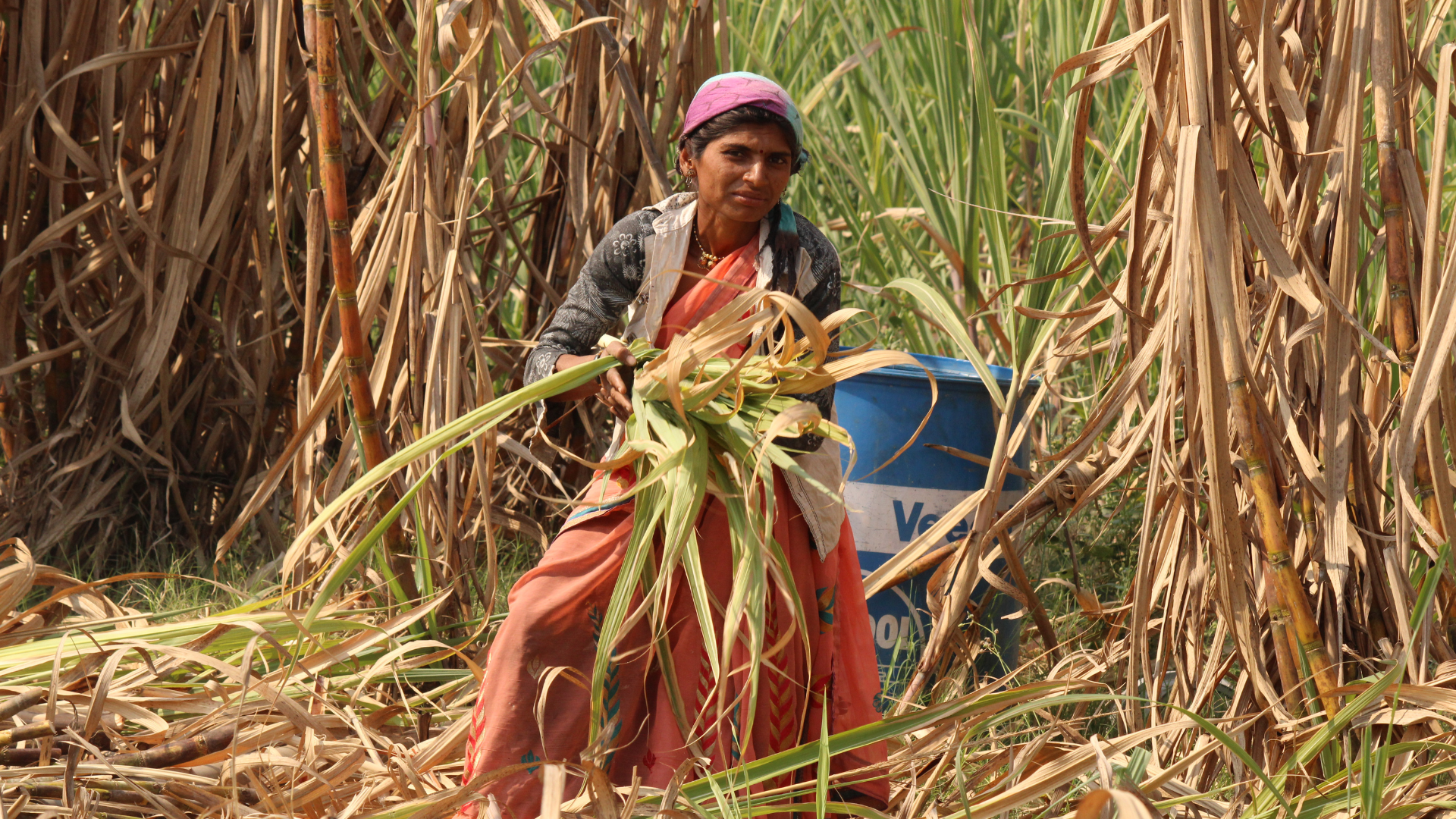
©DrNaresh Shejawal via Canva.com
Luxury Brands Falling Short in Combating Forced Labor, Says New Report
January 12, 2024
New research by the Business and Human Rights Resource Centre (BHRRC) suggests that luxury brands aren’t implementing enough processes to track the risks of forced labor in the supply chain, reports Vogue Business.
Uncertainty in the economy, shifting consumer demand, climate change, and the effects of conflict are playing a big part in the rise of forced labor risks, according to the new research by BHRRC. The study highlights that luxury brands are failing to safeguard workers within their supply chains.
In its fourth edition, BHRRC’s KnowTheChain Apparel and Footwear Benchmark examined 65 global companies, evaluating their efforts in implementing policies to identify forced labor risks and assessing the impact on affected stakeholders. The study revealed that 27.6 million people globally endure forced labor. Despite a collective growth of $42 billion among the top 20 apparel companies in the past year, the predominantly female workers producing their goods are owed a minimum of $75 million in unpaid wages, according to the report.
The BHRRC scored brands out of 100 across a variety of themes. The report identifies that purchasing practices pose the second-most significant concern, with an average score of 12 in this category, though more than half of the companies scored zero. The biggest concern was in remedy, which involves whether companies disclose a process to cure forced labor grievances, with an average score of seven.
Less than a quarter of companies were found to be collaborating with unions to enhance freedom of association, which is a critical aspect for safeguarding labor rights visibility. Despite over three-quarters of companies sourcing from high-risk countries, only 8% shared information on identified forced labor risks in their supply chains. This suggests a lack of transparency or insufficient due diligence in highlighting and addressing these risks, according to the report.
Áine Clarke, head of KnowTheChain and investor strategy at the BHRRC, said, “Attention to labour exploitation in apparel supply chains has traditionally focused on so-called fast fashion companies, while the luxury segment has largely avoided scrutiny based on the perception that higher price points, Europe-based direct suppliers and quality artisanry meant garments were produced ethically.”
Clarke noted that there is proof that luxury brands use the same strategy as fast-fashion companies, by lowering prices and escalating production volumes, leading to increased pressure on workers. Sportswear brands and fast-fashion companies, in comparison, performed higher on average because they have historically experienced more scrutiny.
Recent News
Massive Data Breach Hits Ticketmaster, Affecting 560 Million Customers
Ticketmaster has fallen victim to a significant cyber-attack, potentially compromising the data of up to 560 million customers. The breach was confirmed by Ticketmaster’s parent company, Live Nation, which revealed that a notorious hacking group, ShinyHunters, is behind the attack. The hackers are demanding a ransom of approximately £400,000 to prevent the data from being sold on the dark web.
Toyota Recalls 100,000+ Tundra and Lexus LX SUVs Over Engine Debris Issue
Toyota has announced a recall for over 100,000 Tundra pickups and Lexus LX SUVs in North America due to potential engine issues caused by machining debris. This recall affects certain 2022-2023 models of the Tundra and LX, which are equipped with the new V6 twin-turbo engine. The V6 twin-turbo engine has faced considerable scrutiny regarding its reliability, especially when compared to the previous naturally aspirated V8 engines.
Wordle and Worldle Battle Over Names
A legal dispute has erupted between the wildly popular word game Wordle and the lesser-known geography game Worldle, centering on the similarity of their names. Wordle, which was developed by Josh Wardle in 2021 and later acquired by the New York Times in 2022 for a substantial sum, has gained immense popularity. In this game, players have six attempts to guess a five-letter word.
FDA Issues Recall for Crecelac Goat Milk Infant Formula
The U.S. Food and Drug Administration (FDA) has issued a safety alert regarding Crecelac Goat Milk Infant Formula and other infant formula products imported and distributed by Dairy Manufacturers Inc. The alert highlights Cronobacter contamination concerns with Crecelac Infant Powdered Goat Milk Infant Formula. Although Dairy Manufacturers Inc. initiated a recall on May 24, 2024, due to non-compliance with FDA regulations, new findings of Cronobacter contamination have prompted further action.
